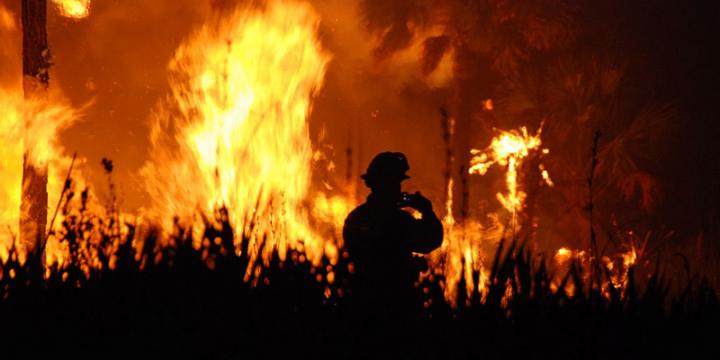
A new study published by scientists at the University of Vermont and Oregon State University had some counterintuitive findings about outbreaks from insects like the bark beetle. The study found that these insect outbreaks can significantly reduce the severity of wildfire in a region.
From Science Magazine:
Analyzing 81 fires over 25 years, the study is the largest to date on forest fire severity following insect outbreaks. Researchers focused on sites in Oregon and Washington State with past outbreaks by the mountain pine beetle or western spruce budworm, two of North America’s most destructive insects.
Wildfires in areas that experienced greater insect damage in the past burned with significantly less severity, regardless of fire size, season or drought conditions. The researchers measured burn severity – or vegetation loss – using satellite imagery taken before and after each fire.
“There is huge concern that insect outbreaks and forest fires will continue to increase with climate change,” says UVM forest ecology professor Bill Keeton, a study co-author. “These threats remain significant, but our study suggests that major insect outbreaks, contrary to current thinking, can dampen future fire impacts – and we can use that knowledge to improve forest management.”
Click here to read the full article.
To learn more about the bark beetle and its impact on forests, please check out our article on the beetle and the drought.